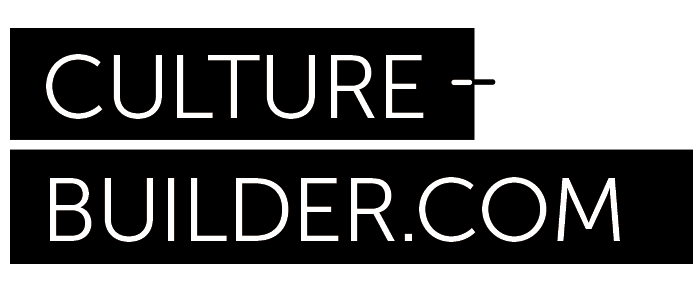By Matt Auron
Reflection is one of the most powerful tools in business (and other aspects of life) but it is hard to make time to do it regularly, especially before something goes awry rather than after. We are all too busy with meetings, projects, emails and Slack to reflect. To paraphrase my partner, Matt Auron: It is easy to reflect but it is hard to remember to reflect. I’m writing this to offer a solution.
It’s the check-in. A check-in is a process that can be done by anyone at any time who wants to reflect. You can do it alone with a journal or upon request with another person. But the way I’m presenting here it is done as the opening for a meeting. If you’ve worked with Evolution, no doubt you’ve experienced our check-ins at the start of an offsite or a coaching call.
It’s a great way for everyone participating to get present. Running from one meeting to the next, or from family responsibilities or a commute to work, can be challenging. A check-in, even a simple, short one that follows a prompt such as “What is it like to be you in this moment?” can be helpful and grounding. I might respond with something like, “I’m stressed and a little frustrated; I’m also a bit tired; but I’m ready for this meeting.”
Just saying those words in front of other people takes away a lot of the distracting, troubling energy and settles me in. It also allows others to know where I’m coming from so that it is easier for them to empathize with my current state and adjust accordingly. Now that you know I’m a bit frustrated, if I’m curt or sound angry at your suggestion, you know it may be because of how I entered the meeting rather than what you said, and hopefully you are more likely to check in with me about that since I’ve opened the door to my challenge. You will also have a better sense of what that look on my face means and not make incorrect inferences.
The intimacy created by even a simple check in (when taken seriously) can remove all sorts of barriers to real conversation. But it doesn’t work if everyone just goes around and says “fine.” Nor does it work as well if people respond to one another out of turn or make jokes. In order to avoid these kinds of behaviors (which are likely self-protective strategies and meant to deflect the intimacy that is naturally created), it is helpful to set up ground rules for the check-in and explain its purpose:
- For example: Let’s do a check-in so we can all get present for this meeting;
- One person speaks at a time;
- Anyone can start and then go around to the right; or, hand off to someone else when you are complete;
- Potentially employ a prompt, such as: what do you need to leave behind to be present? or what is it like to be you today?;
- No crosstalk or interruptions; be respectful;
- Recommend a length of check-in (Tweet length, Facebook post length, or blog length) and potentially time it so it is right-sized for your meeting.
This last bullet is quite important since a check-in can be anything from super quick and light to long and deep. If you are checking in at the beginning of a meeting, the type of meeting and number of people present should guide your approach.
At Evolution, we start our weekly Core team meeting off with a meditation and a longer check-in. There are five of us currently and we spend about 30 minutes in total. Then Matt and I take an extra 30 minutes together to allow for a deeper cut, given our long and close relationship, and the way in which we work.
The longer Monday check-in process is part of our company principle to live our week like a yoga practice, starting slow and ending slow. It is super helpful to us, perhaps due to the line of work we are in, supporting others and needing above all to be grounded for our coaching sessions. But I believe following a similar practice would benefit most people and organizations. It is so abrupt to start off a week with an intense “It”-focused meeting where projects or sales are reviewed and lists are made for follow up for the week ahead. Or, when Monday mornings are filled with meeting after meeting and there is no ramp up time to come back from the weekend with grace.
By midday Monday we are on to the “it” stuff ourselves, but having the time to come in, get settled and present, and be psychically and emotionally prepared for the week ahead makes a huge difference in our ability to handle a heavy workload and high degree of stress.
Try it out for yourself. Make an extra 10-15 minutes at the beginning of the team meeting to check in. See how it works for you. Perhaps there is a better approach for you and your team. The key is to discover your ideal rhythm and use techniques like the check-in to become more effective and peaceful.
Cross-posted from ![]()
Get the Culture Building Report

You'll learn the road map for designing, embedding and activating culture in your team or company.

